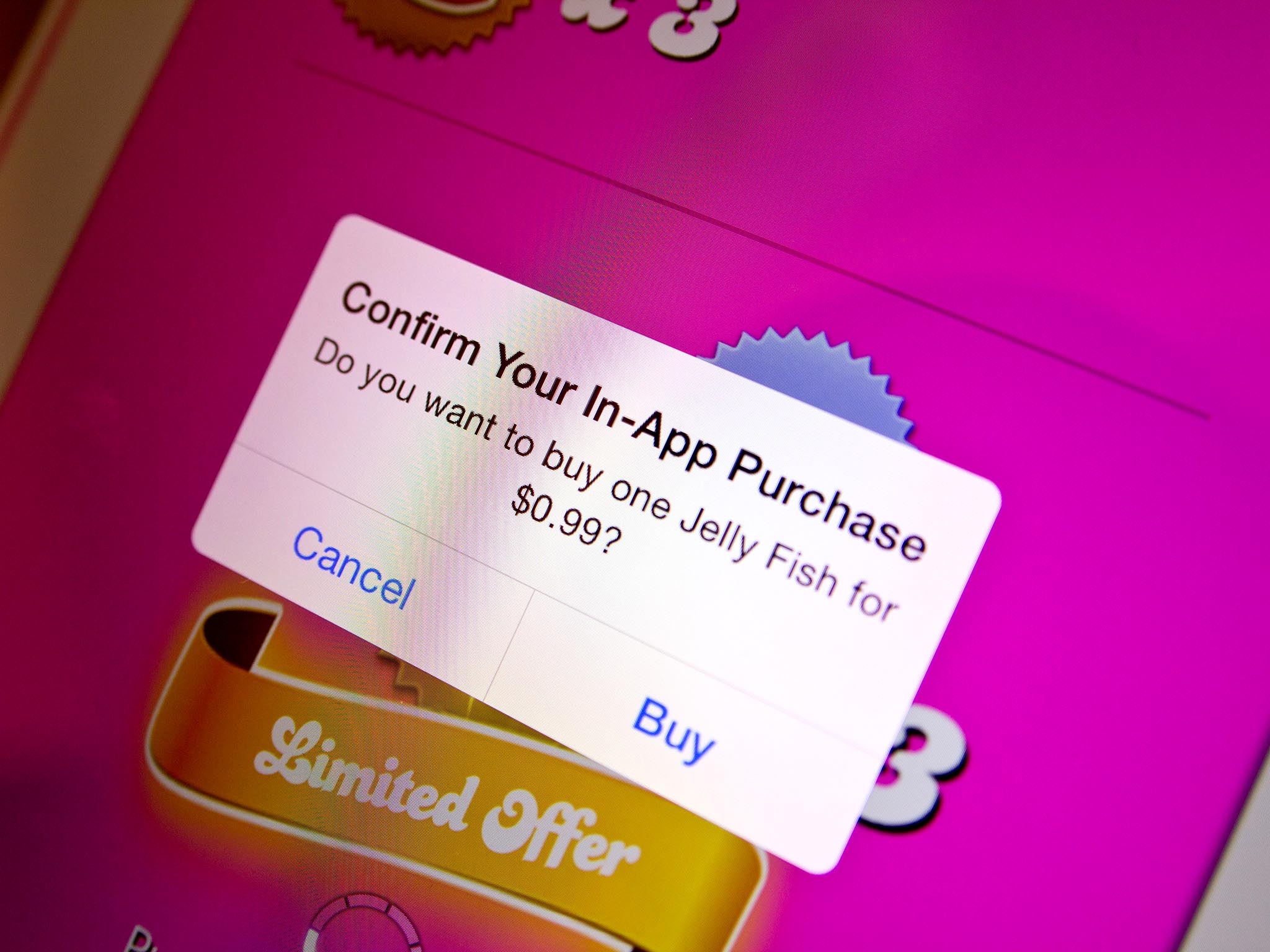Freemium Rising: Mobile game developers on the 'freemium' trend

"I think everybody's happy with free-to-play for now." That's Kyu Lee, founder of Gamevil, a veteran mobile game developer with more than a decade of experience. They've been churning out freemium games — free to download and play, but full of in-app purchases — at a solid clip for years now, resulting in plenty of players and a well-known RPG series.
Will Stallwood, founder of Cipher Prime, is on the other side of the fence, saying, "Having a paywall is almost disgraceful." Cipher Prime has been carefully crafting paid games since 2008. The music is amazing. The gameplay is varied and polished. The graphics are beautiful. You won't find ads or purchase prompts anywhere. Playing any of their titles is a pure experience.
On the one side are established developers that are casting a wide net and trying to maintain user loyalty. On the other you find a group of independents trying to maintain the experiential integrity of a game, and leaving players alone once they've paid up. Which one is doing it right?
While much of our time at GDC 2014 was invested in checking out a metric ton of upcoming mobile games, we took the time to chat with developers about their thoughts and approaches to the freemium business model. The topic has been receiving quite a bit of attention since EA's Dungeon Keeper earned the ire of PC gaming loyalists. For all of their critics, games tied down by artificial timers and pay-to-win power-ups but given the accessibility of zero up-front cost and convenience of mobile support have become a force to be reckoned with. Market leaders like Candy Crush Saga and Clash of Clans have set the bar, but it hardly means that traditionally-priced games are set to disappear, or that the free-to-play model will stay in the same form indefinitely.
Balancing act
The primary complaint about the free-to-play model is that it unbalances the game. The value of the labor done by core gamers is lessened when Joe Shmo with loose purse strings is able to make just as much progress with minimal effort. Though from the business side it may seem as simple as clobbering a user over the head with purchase prompts until they pay up for invincibility, it's not quite that simple. Freemium only works with a large player base, and if enough users are alienated by unfair game mechanics or obnoxious purchase prompts, users will flee and the model fail. Al Reed from Demiurge, the folks behind the fairly successful Marvel Puzzle Quest, had this to say about keeping things balanced.
"We ended up spending way more time worrying about game balance than we would have in a premium game."
"During the development of Marvel Puzzle Quest, we ended up spending way more time worrying about game balance than we do in a premium game. If you put a power-up in a premium title that's too powerful, it's no big deal — the game gets overly easy for a period and then returns to normal. If you do that in a F2P title, you're pay-to-win. Worse yet, that actually hurts our profitability. If there's an overpowered character in the game, then everyone just buys that character rather than trying them all out."
Games as a service
There's more here than just developers making money. It's a fundamental shift in view of games as a product to games as a service. Some might argue that the real service of a game developer is to keep making games, though the prevailing thought right now is that the games themselves are an ongoing service. The initial impression to the idea of games as a service is that it's a scam to nickel and dime users indefinitely over the duration of their playtime, and that may be true to an extent. Daniel Fiden, Chief Strategy Officer at freemium developer FunPlus, says that in some ways, this makes them consider things more carefully.
Get the latest news from Android Central, your trusted companion in the world of Android
"When freemium games are operated well — with the player's long-term loyalty in mind — it's a great experience for players. It's also a great business. We believe it will become the most popular model for most platforms (as it already is on mobile), though not to the exclusion of all other models."
Where does this leave premium?
With all of the glowing financial success of freemium games, it's hard not to feel like traditional premium pricing is quickly disappearing, but there are still plenty of developers, namely indies, that cling to the old ways. Look anywhere in the Android Central forums or comment sections, and you'll find plenty of gamers that will write off a freemium game on principle alone. Cipher Prime's Will Stallwood makes a great case for premium pricing and how it allows them to keep their games clean and profitable.
Even among the independent developers that tended to side with high-quality, premium-priced mobile titles, they understood that there was a time and place for freemium games to exist, though it's typically a design consideration from the get-go. One title from Gamevil made the switch from premium to freemium, which worked out well, while Itay Keren, from Untame Games, switched a game from free-to-play to paid and also saw a positive change. The model is very much applied on a case-by-case scenario, and Itay admitted that freemium is a totally legitimate business model, even if it isn't for him.
A hybrid future
"It's hard to find a gamer-type person who has really positive feelings about pay-to-win"
For all of its success, change for freemium is certainly in the air. Many developers would like to see new hybrid approaches that involve either trials, subscriptions, lighter in-app purchase prompts with up-front cost, or something else entirely new. As OUYA's Bob Mills put it, "It's hard to find a gamer-type person who has really positive feelings about pay-to-win." He posits that the trial structure of OUYA has been doing particularly well.
After talking with all of these guys, we're seeing where developers are coming from on both sides of the fence. The bottom line seems to be that freemium has become a permanent fixture in mobile, though the details of how free-to-play works could very well change to something less obnoxious. On the flip side, developers catering to core gamers are sticking to their guns, and have been achieved financial success with a pay-once premium structure. Even though it's not their bag, those developers understand that there's an audience for freemium games.
What's your take on freemium gaming on mobile?
Are developers talking around a deceptive business model, or just giving more of what their audience has responded positively to?
What do you think about the pricing of games on mobile? Are freemium developers simply talking their way around a deceptive business model, or are they simply giving more of what their audience has responded positively to? Do you think the independent game developers that have stuck by a pay up-front structure will be able to keep doing it despite ongoing pressure to switch to freemium? Is it possible for a freemium title's gameplay to match the quality of a premium title? Let us know in the comments!
Oh, and if you're looking for more discussion on this stuff, be sure to check out our Talk Mobile week on gaming, where touched on freemium, consoles, and all sorts of other related topics. We also have a few extra interviews on our YouTube playlist.
Videos by Mark Guim. Soundtrack by Cipher Prime.

